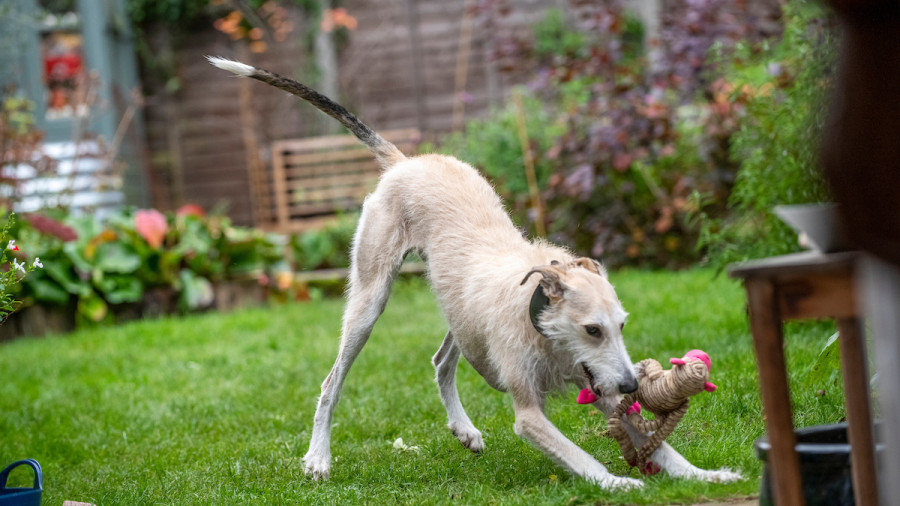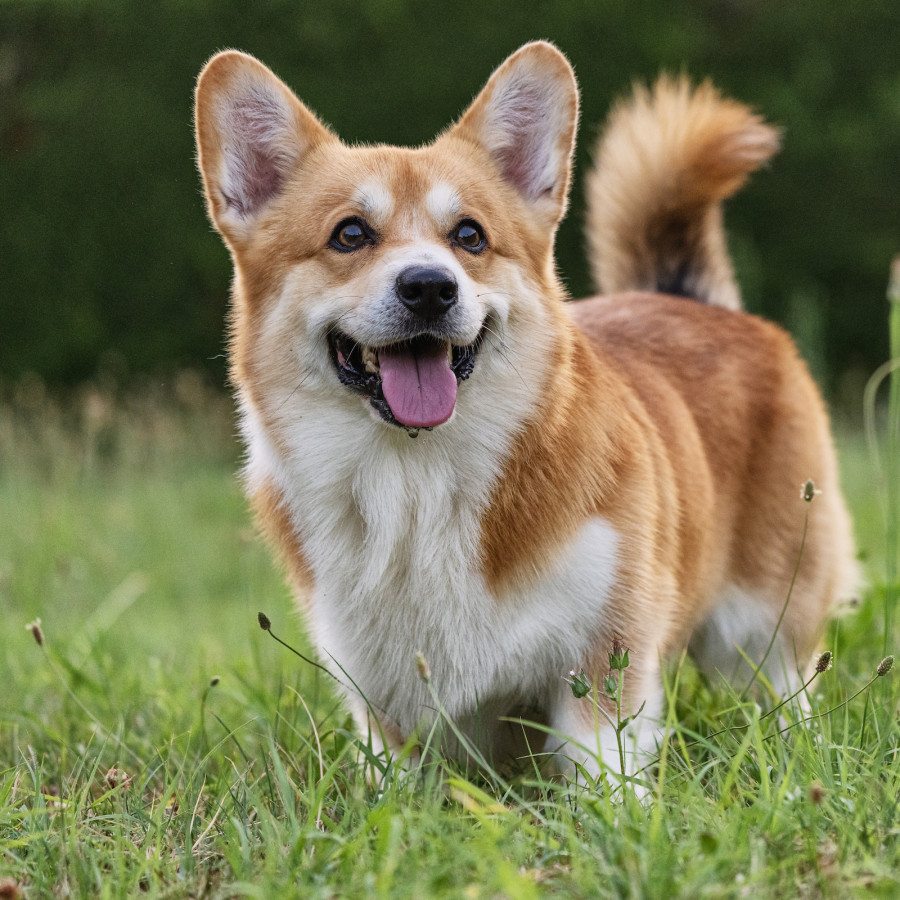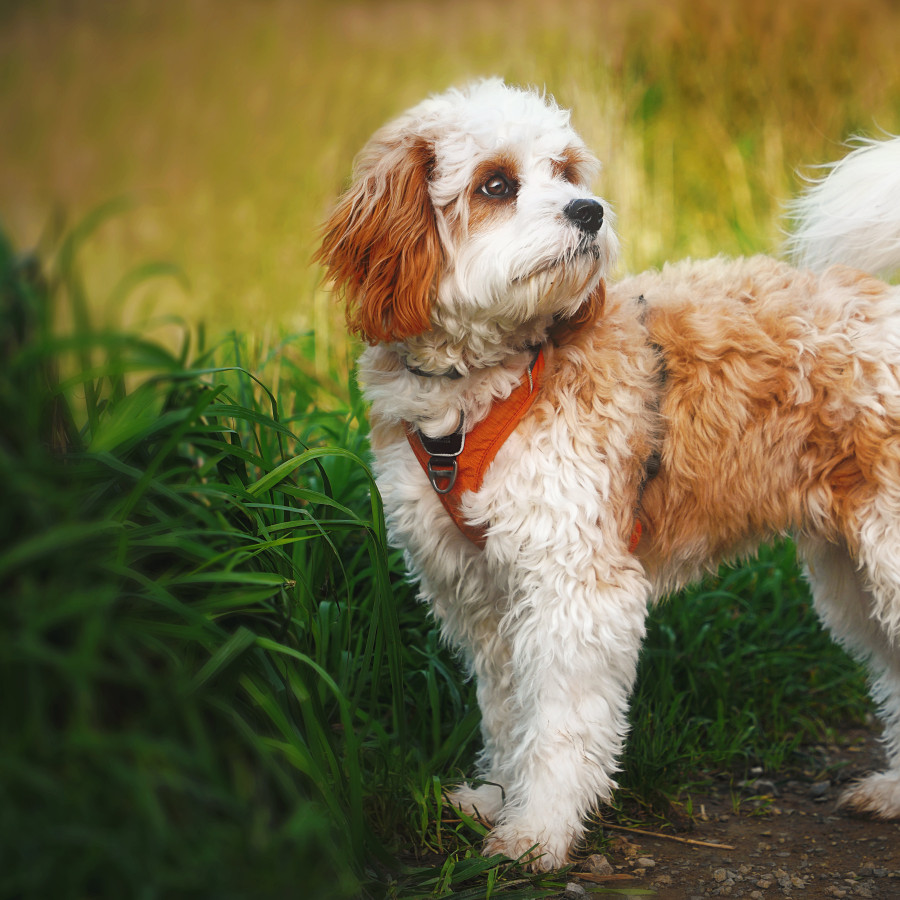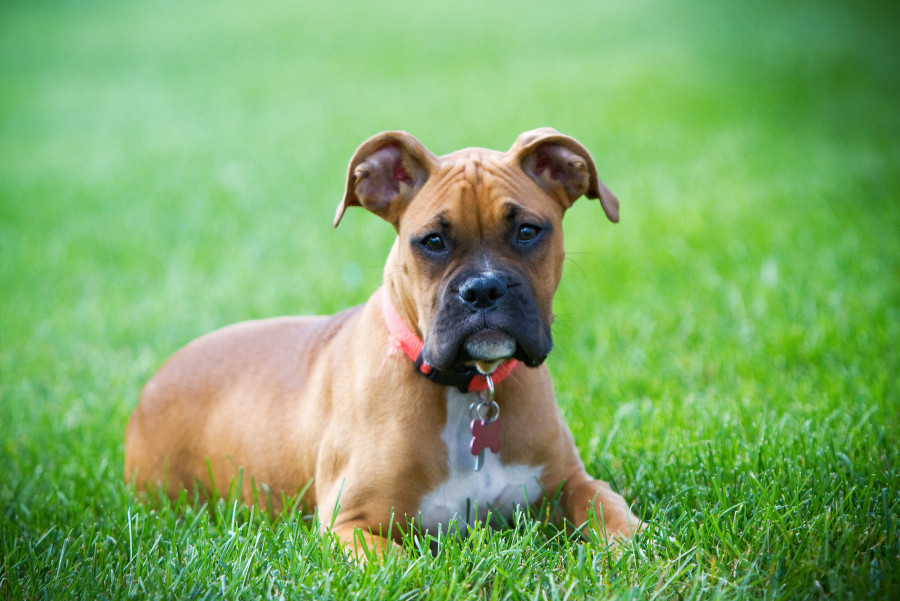

Why would a dog eat grass?
My 1-year-old Jack Russell keeps eating grass during our walks, and I’m not sure why! He seems totally healthy otherwise, but I’ve heard different things about dogs eating grass. Should I be worried?

My 1-year-old Jack Russell keeps eating grass during our walks, and I’m not sure why! He seems totally healthy otherwise, but I’ve heard different things about dogs eating grass. Should I be worried?

Dogs eat grass for many reasons, and for some, they might just simply love the taste of it or its texture, as a bit of variety in their diet!
Eating grass is not always associated with health issues or dietary deficiencies.
It could be a sign of boredom for some dogs, so speak to a behavioural expert if you’re concerned about it. You can contact us and make an appointment to discuss your pet’s individual issues.
If your dog shows any of the following signs, then contact your vet for support; eating grass but not their food, eating excessive amounts of grass on every walk, eating grass then vomiting or having diarrhoea, or appearing generally unwell.
There are several reasons why your dog might eat grass; we tend to think of our canine pals as purely meat eaters, but as omnivores, it’s normal for them to enjoy a diet of both meat and plants.
If your dog has no mental stimulation for their age and/or breed, they might begin eating grass and digging or chewing out of boredom. Contact us as one of our behavioural experts can help you with this.
Most people think if a dog eats grass, they feel nauseous and want to vomit. Some dogs may not vomit after eating it however, they could be trying to alleviate the nauseous feeling.
Male dogs might look like they’re eating grass, but in fact, they’re tasting and smelling the scent of female dogs or other males. This is how they learn who’s visited that patch, and they may slightly salivate or urinate on the grass. Neutered female and male dogs will often continue to do this, particularly if they were neutered after adolescence.
Eating grass is a normal behaviour for dogs. If your pet is healthy and regularly wormed, particularly against lungworm, then eating grass every now and again is nothing to worry about.
Be cautious, as grass could have been treated with fertilisers, herbicides or pesticides, so it’s best to discourage your dog from eating grass in unknown areas.
If your dog is eating grass excessively and is regularly sick, or is showing signs of other health issues, then contact your vet as soon as possible.
I was struggling with my dog's anxiety, especially when we had to leave the house. Thanks to Woodgreen's advice, I've made some changes that have worked wonders. By sticking to a consistent routine, my dog knows what to expect each day, which has significantly reduced her anxiety.
This advice really helped me and my new pup! I tried teaching recall without your guidance and struggled. Woodgreen's step-by-step dog training videos break each action down for you and I'm happy to say we finally made progress!
Give us your feedback and we'll send you advice and tips on caring for your pets. We'd also love to send you updates about Woodgreen, including heart-warming pet stories and ways you can support us.
Please call our pet support line on 0300 303 9333 (7 days a week – 8.30am - 4pm)


